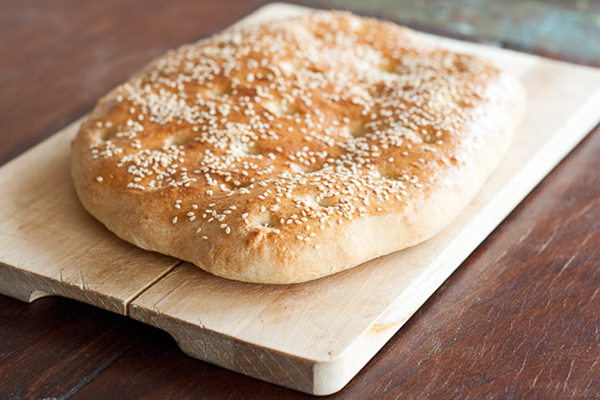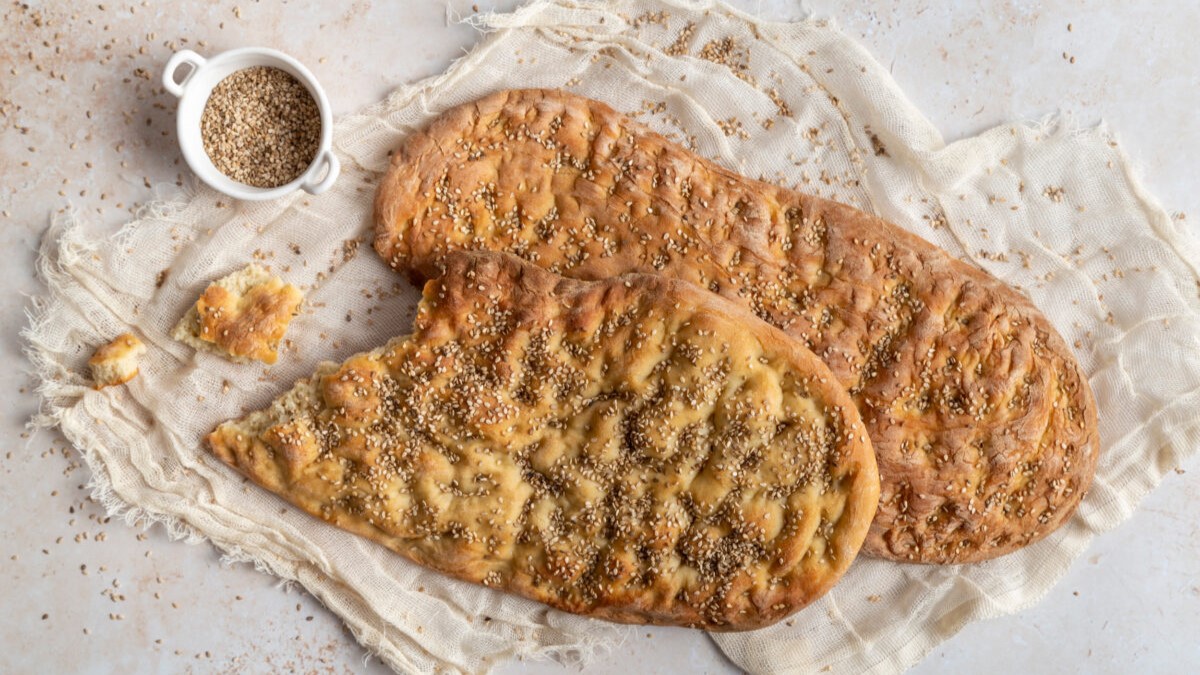Kathara Deftera, or “Clean Monday,” is the beginning of Lent among Orthodox Christians. The holiday is also the unofficial start of Spring for the Greek people.
From flying a kite to lagana and taramas, The Greek Herald takes you through the symbolism and origin of some of these Clean Monday traditions and customs.
1. Flying a kite / Koulouma:
Clean Monday is the day Greeks fly kites (which are symbolic of the Resurrection) and go on picnics outdoors. People typically believe that the higher the kite, the more likely God was to hear their prayers.

Tradition dictates that Athenians go to Filopapou Hill to fly their kites. The hill, near the Acropolis, is usually shoulder-to-shoulder with kids and their families, mostly attempting to fly a kite despite the crowds. The atmosphere is always fun and festive, despite the sobriety of Lent.
2. Greek flatbread called Lagana:
The special characteristic of lagana is that it is prepared without the yeast and its flat. Greeks eat it on Clean Monday as it is related to the “help,” the unleavened bread that God sent to Jewish people for them to get out of Egypt.
From then on, it was imposed by Mosaic Law to be consumed throughout Easter. This mandatory law was in force until the last Passover when Christ blessed the bread.

3. Taramas:
Taramas or Taramasalata is an authentic Greek fish roe dip, which is popular during the Lent period. This dip consists of mashed potatoes, fish roe, olive oil, lemons, onions, and breadcrumbs. There are two types of tarama dip, the classic white one and the pink one, which is exactly the same recipe but in a pinkish color.

4. The ‘Straw Gligorakis‘:
Popular legend has it that Gligorakis was a fisherman who turned his back to the sea and moved to live in the mainland. Contemporary anglers in Vonitsa condemn to date his act and punish Gligorakis every year on Clean Monday by making a fisherman figure of straw, tying it on a donkey and wandering it around the village. When the day passes by with singing and dancing, the men throw “Straw Gligorakis” in a boat set on fire to burn away in the open sea.
5. The custom of the “Aga”:
In the village of Mesta in Chios island, there is the tradition of “Aga.” This tradition originates from the Turkish occupation years. “Aga” was the name of the master of the area and he used to sit in the main square and judge the residents for their misconducts and crimes. The “Aga” used to define the appropriate punishment in compliance with the severity of the action.
Each Clean Monday, a man is dressed up as “Aga,” judges the resident’s actions and sets out their punishment. The amount of money, that is gathered from the “punishments” is offered to the Community Center of the village. All this of course happens in a humoristic way and entertains the visitors, as well as benefits the work of the center.

